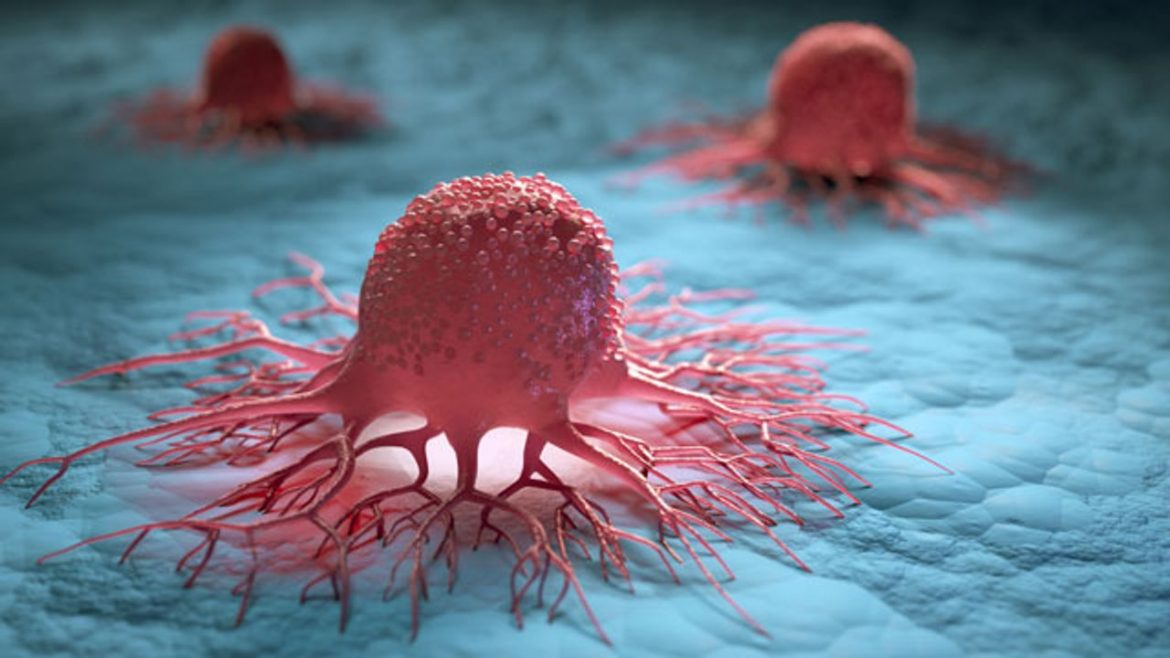According to a recent study performed by UTHealth Houston, individuals diagnosed with cancer more than a year ago and those not getting active treatment were no more sensitive to worse COVID-19 results than those without cancer.
Youngran Kim, PhD, and Liang Zhu, PhD, researchers in the Department of Neurology with McGovern Medical School at UTHealth Houston, were co-leading authors of the study, which was published today in PLOS ONE. Kim, a postdoctoral research fellow in the department, is currently an assistant professor in the Department of Management, Policy, and Community Health with UTHealth School of Public Health, and Zhu, a former associate professor of neurology, has since left UTHealth Houston.
A team of researchers from UTHealth Houston, Baylor College of Medicine, the University of Kentucky, and The University of Texas MD Anderson Cancer Center collaborated to assess the relationship between COVID-19 outcomes and existing cancer-specific characteristics using electronic health records from over 700 hospitals and 700 clinics in the United States.
Many studies have revealed that persons with cancer had a greater risk of mortality and hospitalisation after being diagnosed with COVID-19 than those without cancer, but Kim believes that the timing of the patients’ previous cancer diagnosis and current treatment condition is crucial.
“We found that recent cancer diagnoses were associated with a 17% increased risk for death and 10% increased risk for hospitalization,” Kim said. “However, a history of cancer more than one year before COVID-19 diagnosis was not significantly associated with increased mortality or hospitalization. Our study also confirmed other risk factors and racial disparities in COVID-19 outcomes among COVID-19 patients with cancer.”
The researchers analyzed 271,639 adult patients diagnosed with COVID-19 between June 1, 2020 and Dec. 31, 2020. Of those patients, 18,460 also had at least one cancer diagnosis, including 10,426 patients diagnosed with cancer within one year before their COVID-19 infection.
Multiple outcomes were assessed, including all-cause 30-day mortality, hospitalization, admission to the intensive care unit (ICU), and ventilator use, which were compared using relative risks according to cancer status and treatments. Among the research team’s key discoveries:
- While cancer patients had higher risks for 30-day mortality and hospitalization, there were no significant differences in ICU admission and ventilator use compared to patients without cancer.
- Recent cancer diagnoses were associated with higher risks for worse COVID-19 outcomes, particularly among recent metastatic (stage 4), hematological, liver, and lung cancers, compared to the non-cancer group.
- Among COVID-19 patients with a recent cancer diagnosis, a higher chance of mortality was linked to chemotherapy or radiation treatments within three months before SARS-CoV-2 infection.
- Patients who were older, Black, received Medicare, and/or lived in the Southern U.S. were significantly more likely to die after SARS-CoV-2 infection.
- Diabetes and cardiovascular, liver, and renal diseases were also linked to an increased risk of death after SARS-CoV-2 infection.
The researchers believe that their findings will provide health care practitioners with more precise risk information regarding how COVID-19 may affect cancer patients.





